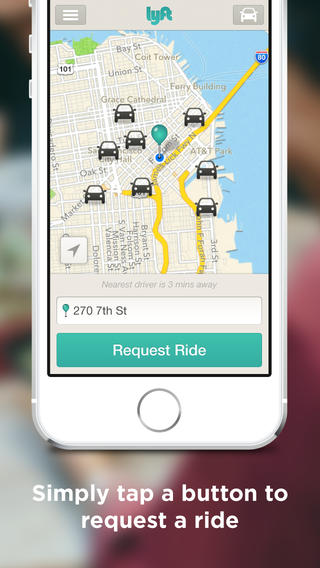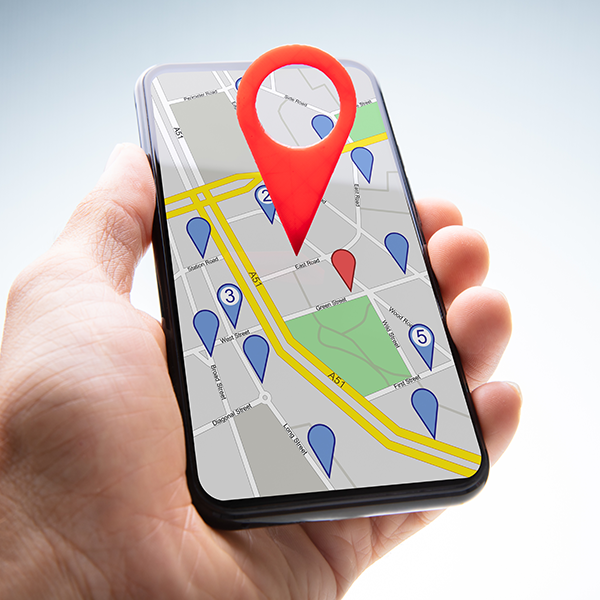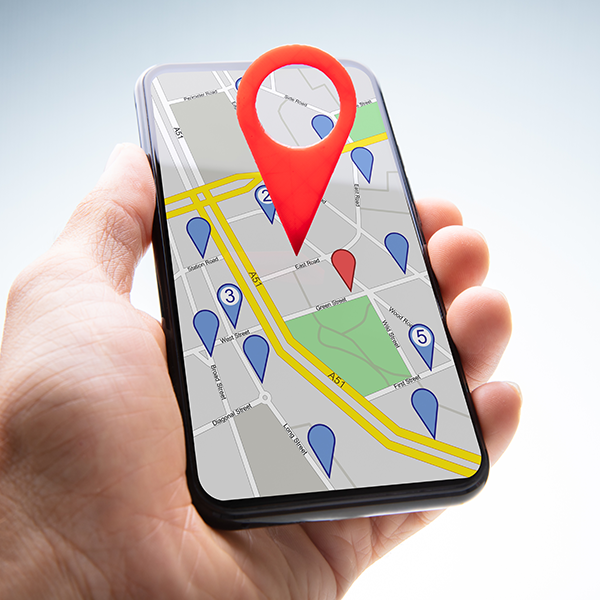How Apps Have Become A Global Village

Man is a social creature. In his classic Politics, the great thinker Aristotle said, "Anyone who either cannot lead the common life or is so self-sufficient as not to need to, and therefore does not partake of society, is either a beast or a god." From birth, we are expected to socialize with our family members and classmates in grade school, and from there our social lives are forever cemented.
So it should be no surprise that social applications like Facebook, Twitter and Instagram have become as popular among consumers as they have, facilitating social practices like sharing thoughts, planning events, and conversing with one another.
Now, a new breed of social sharing applications indicates another step in the evolution of social interactions via software. The World Wide Web is becoming a bit more personal and connecting us like never before, fostering the dawn of a realized Global Village.
Marshall Mchulan first envisioned the Global Village in his book the Gutenberg Galaxy: the Making of Typographic Man:
The next medium, whatever it is - it may be the extension of consciousness - will include television as its content, not as its environment, and will transform television into an art form. A computer as a research and communication instrument could enhance retrieval, obsolesce mass library organization, retrieve the individual's encyclopedic function and flip into a private line to speedily tailored data of a saleable kind.
What Mchulan prophesied in this book, published in 1962, was the Internet and what we've come to know as the World Wide Web. In its first version, the Web facilitated the basic functions Mchulan described in his work: research (Web search), communication (email) and machine-less data storage.
In its second iteration, the Web evolved. Search engines like Google became corporations, producing innovative technologies to support the further expansion of the Web into our lives. Other Web-based communications like instant messaging and video chatting became more popular as the supporting tech was easily accessible to consumers, and the advent of the Cloud has made data accessible just about anywhere on the planet with Internet access.
Mobile applications that work to connect individuals who seek or provide goods and services are an integral part of this growing and evolving Global Village
Increased communications and access to data have made global sharing as simple as the click of a button, but now social sharing applications are bringing these interactions from the Web into the real world. Apps like Airbnb let users turn their personal space into hospitality suites for those looking for a place to visit. Lyft lets users turn their car into a taxi cab of sorts, selling short rides and commutes to others for a fair price.

There are sharing apps for everything from musical instruments to parking spaces and more. Some point to recent financial turmoils as the fuel for this sharing fire. Technology writers at the Economist say there is no coincidence that many peer-to-peer rental firms were founded between 2008 and 2010, in the aftermath of the global financial crisis as some see sharing, with its mantra that "access trumps ownership", as a post-crisis antidote to materialism and overconsumption.
Above all, social sharing applications are facilitating further expansion of the Global Village by helping users build and measure trust with each other. These applications speak to the very nature of humanity, allowing us to engage in discourse about the true value of things that supplement our lifestyles.
Diana Zelikman is an editor at Fueled, the leading iPhone app builder in New York City, renowned for its award winning mobile design and strategy.

Subscribe to Our Newsletter!
Latest in Mobile Marketing










